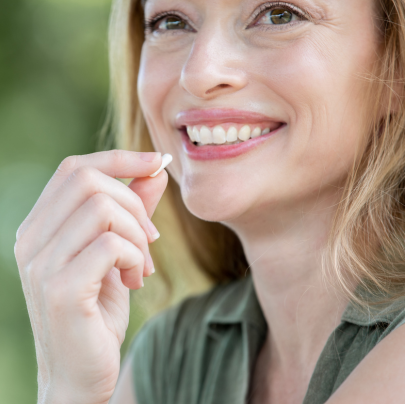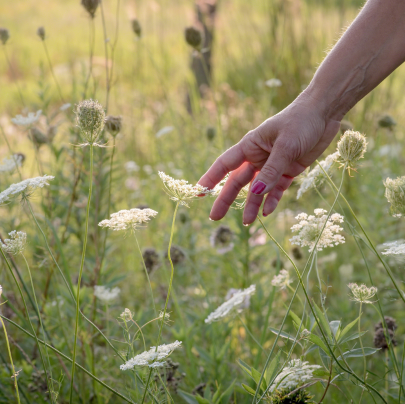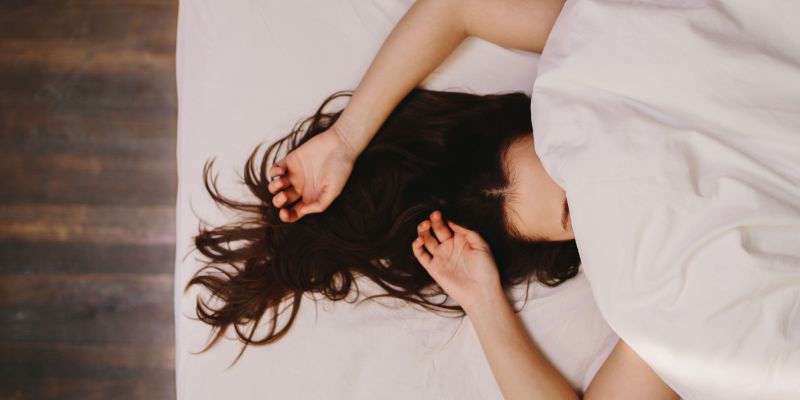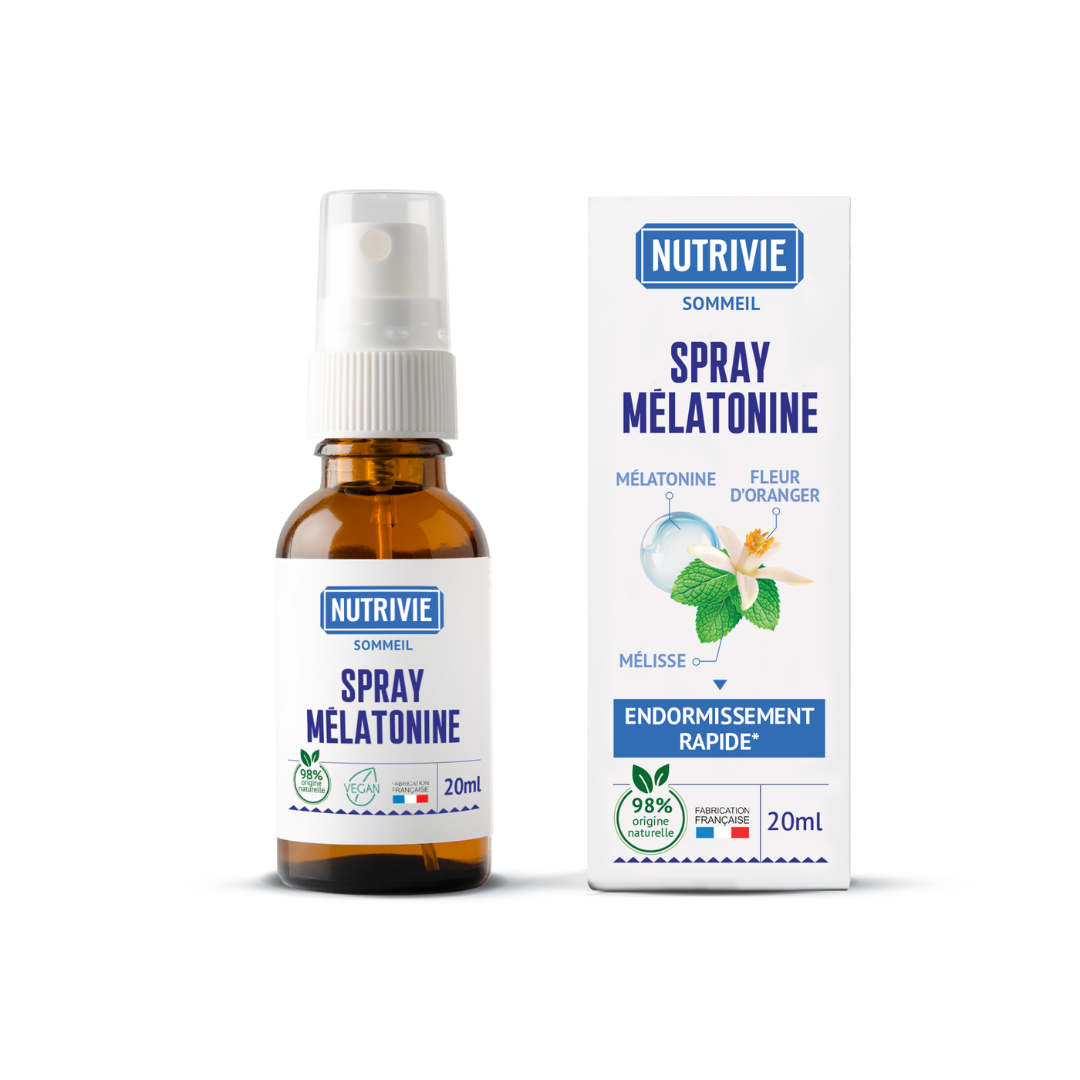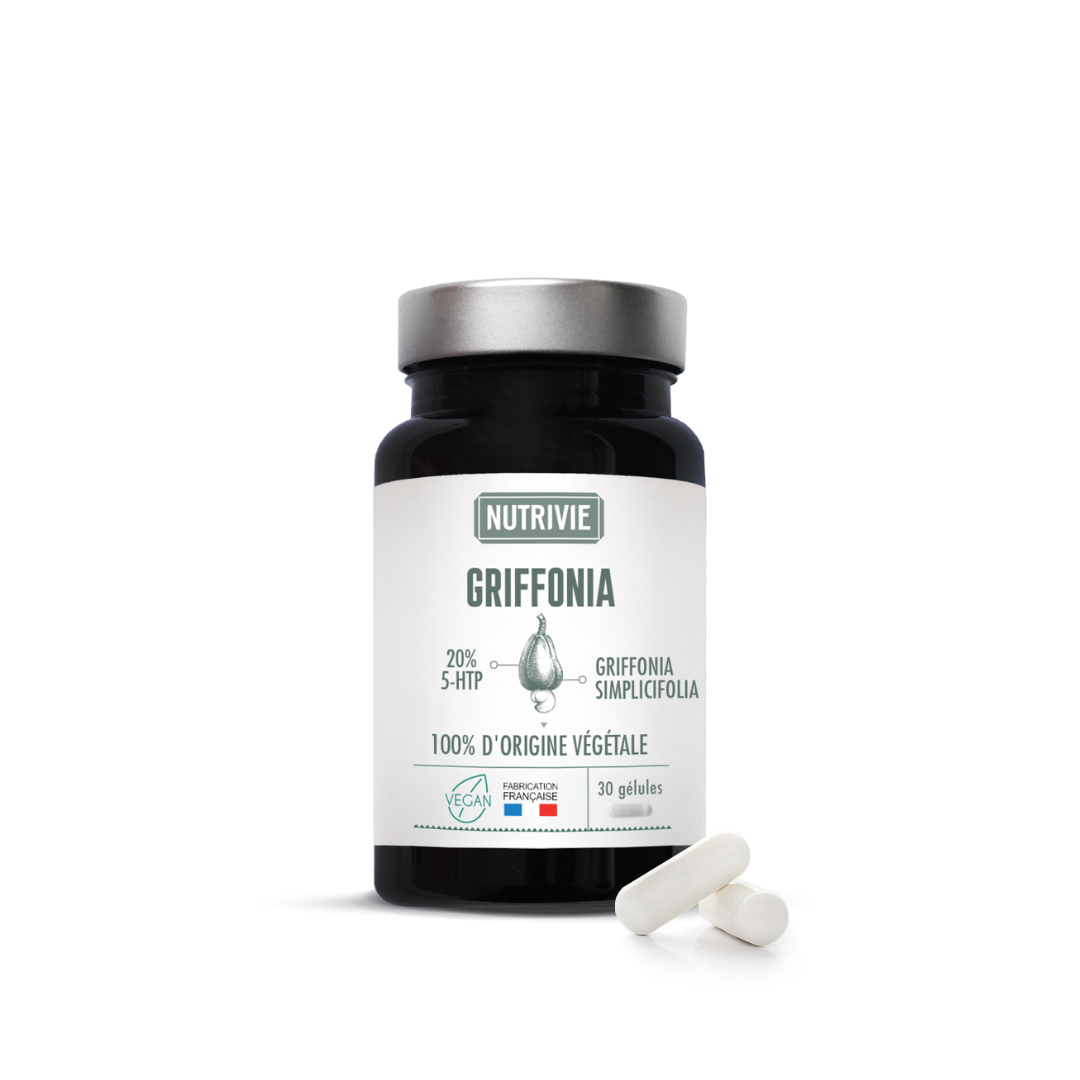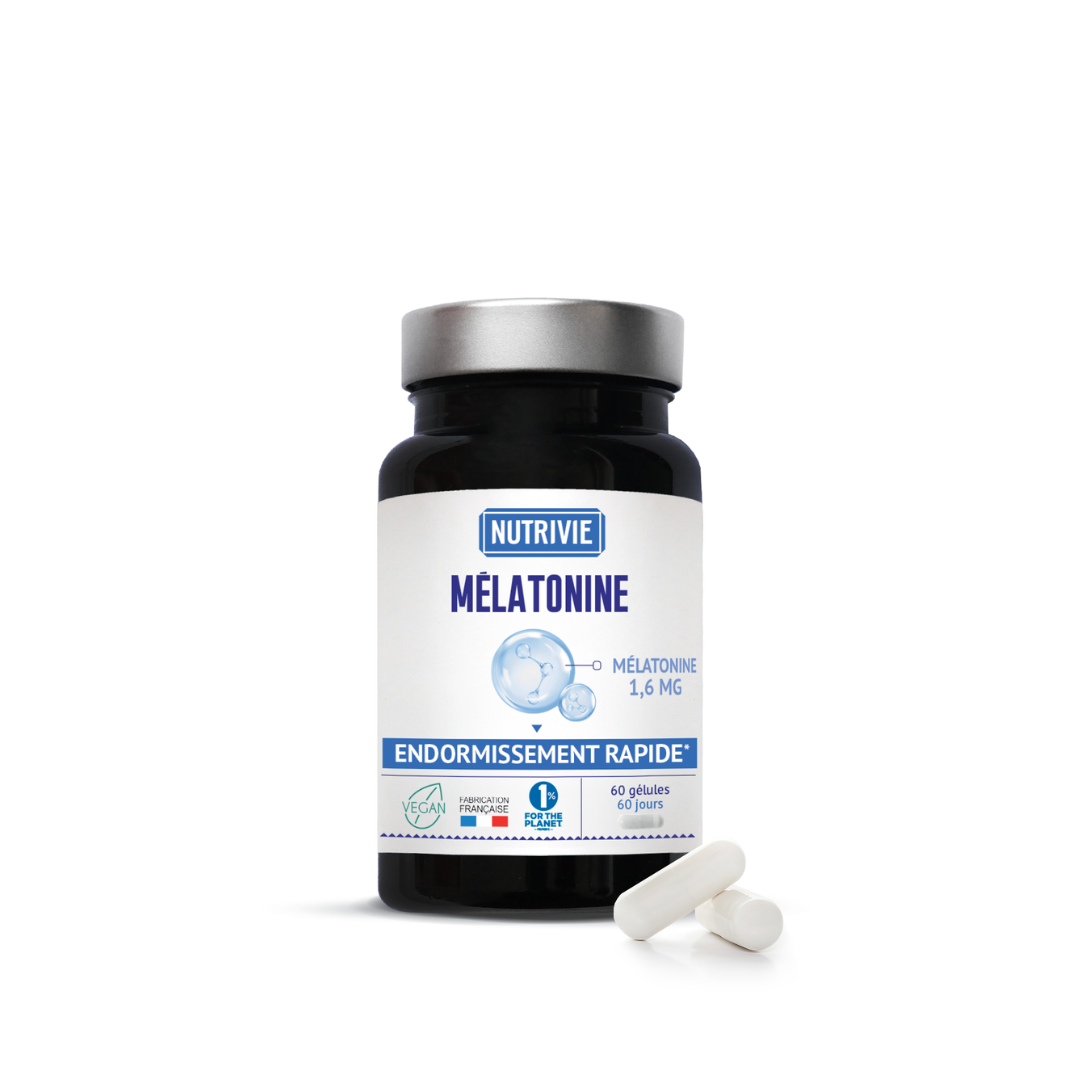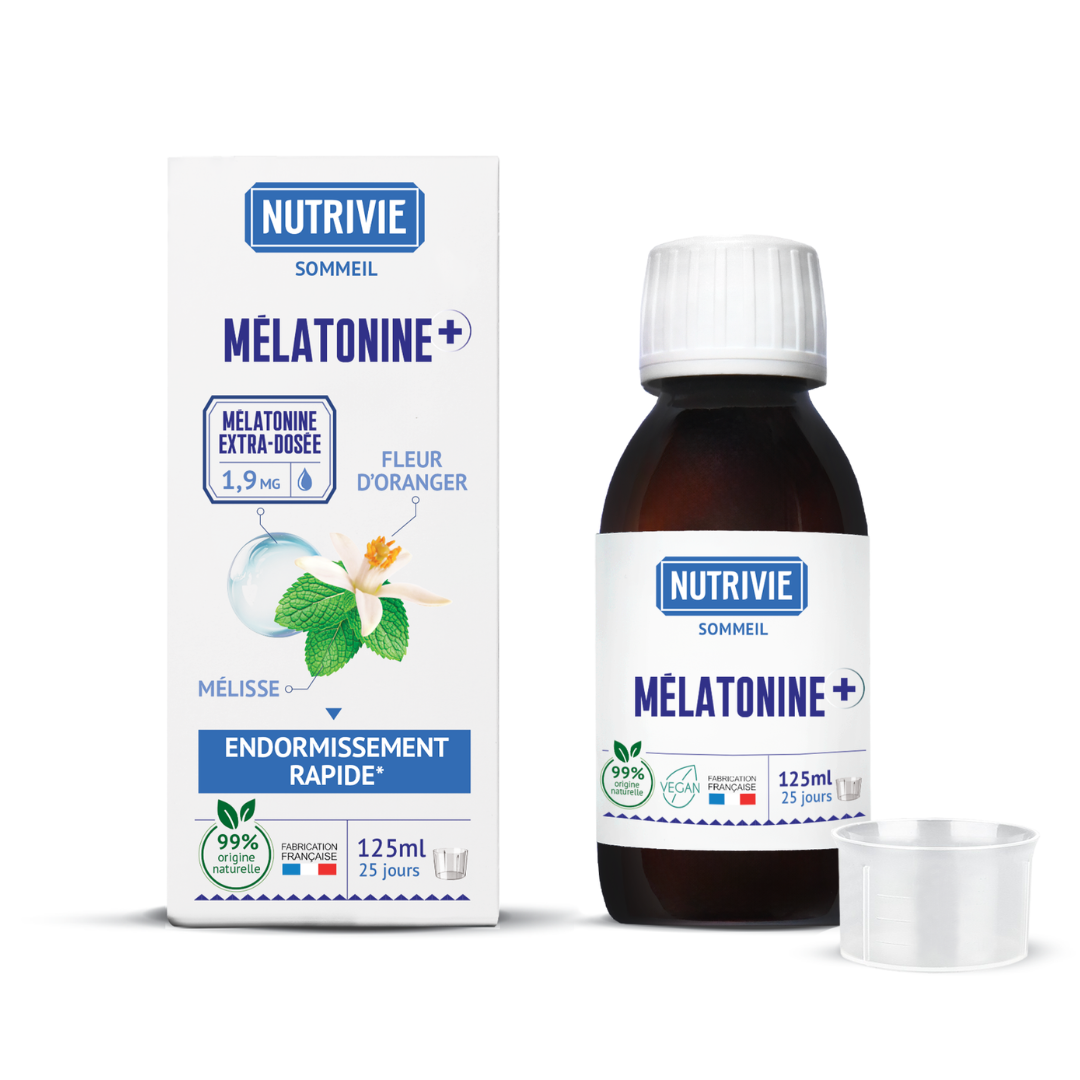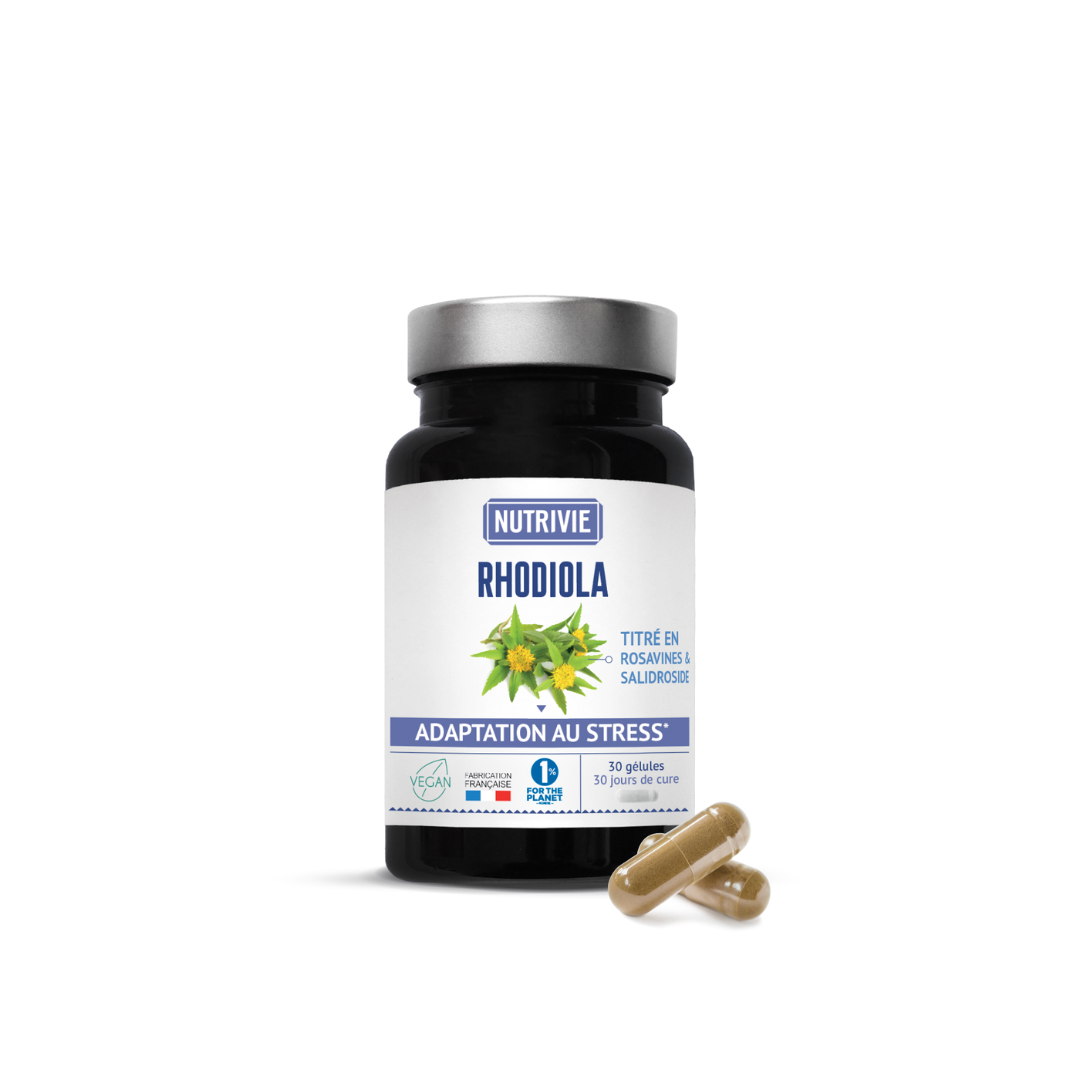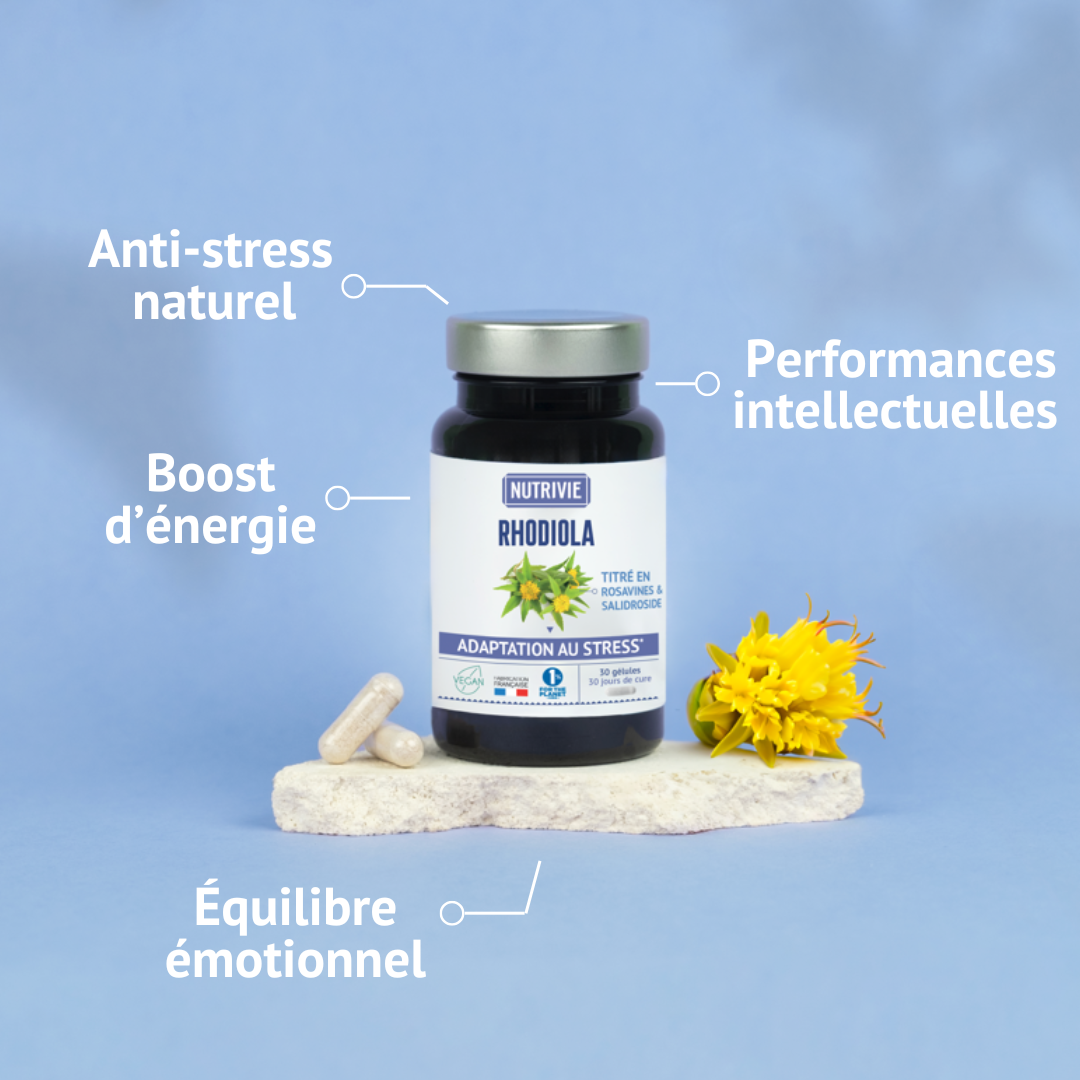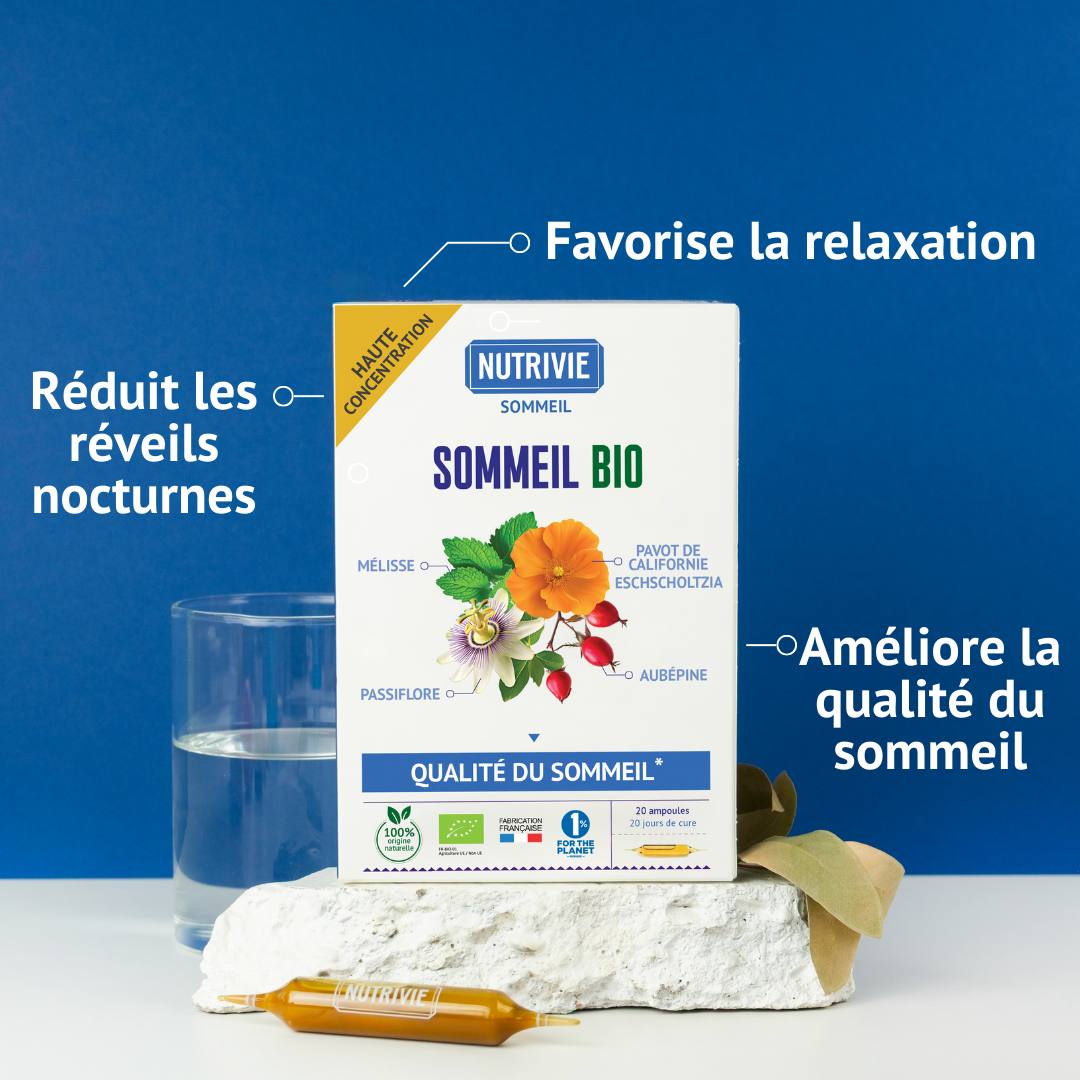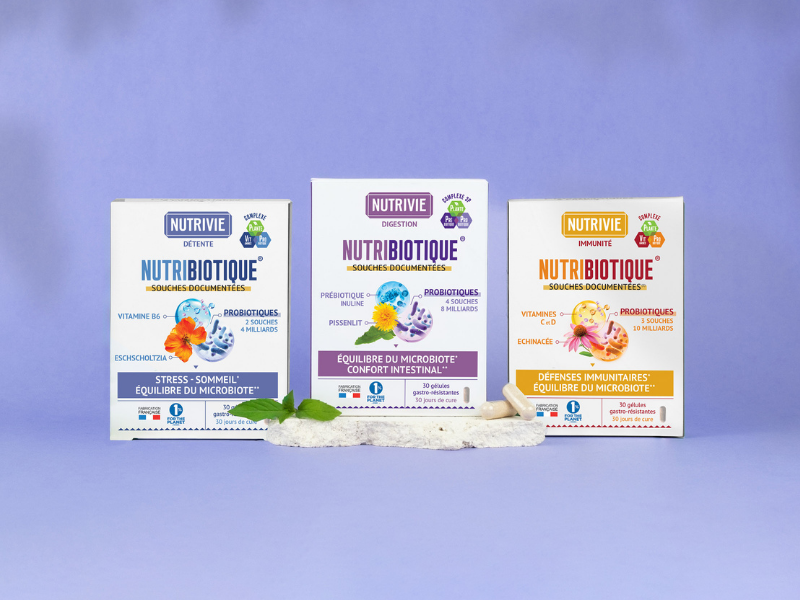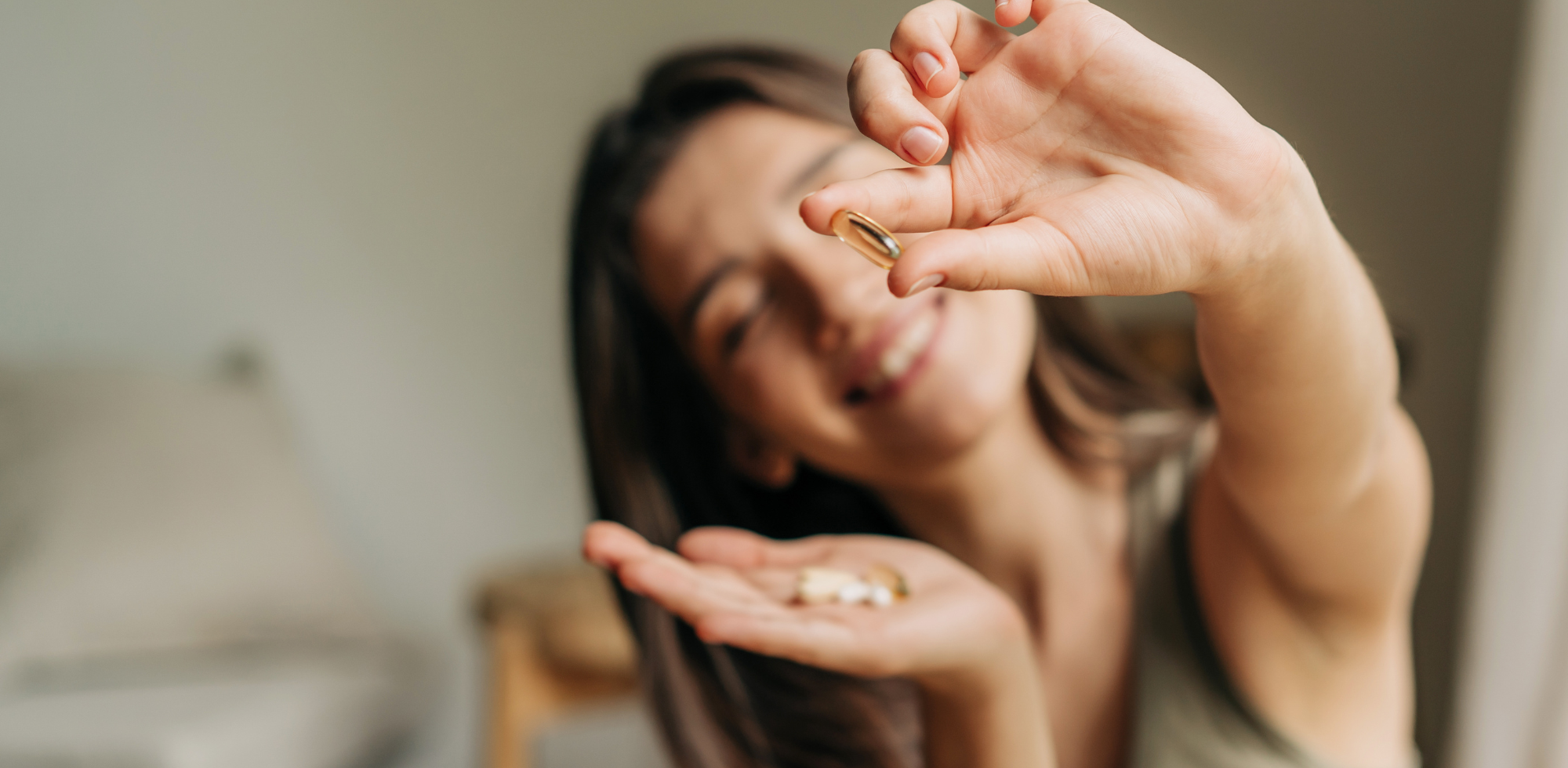In autumn, with the change of seasons and the switch to winter time, it's common to experience disrupted sleep, fatigue, and low morale. Rather than suffer these effects, why not take advantage of this time to take better care of yourself? Here are some simple tips:
Day/night alternation
Changing light levels tend to desynchronize our internal clock. Two hormones are particularly sensitive to this: serotonin, the "happy hormone," secreted during the day, and melatonin, the sleep hormone, secreted at night. In winter, with shorter days, we release less serotonin, which affects the quality of sleep and mood. This is why we recommend taking advantage of natural light as much as possible, by opening curtains and shutters as soon as it is light, and by walking outside during the day. Conversely, at bedtime, it is important to turn off all light sources: cell phones, standby devices, and sleep in complete darkness.
Manage the change to winter time
Some people are particularly sensitive to this. In addition to the advice above, to adapt to this change of pace, it is advisable to maintain the same meal times and daily habits so that the body can resynchronize more quickly.
Food
With the cold and/or low morale, we tend to turn to richer food. However, for a restful sleep, it is better to eat lightly in the evening and at a time far from bedtime. The ideal is to consume, even during this period, fresh seasonal fruits and vegetables in good proportion (seasonal products help to harmonize us… with the season!). It is the time to make good soups (pumpkin, leek, etc.), stewed vegetables (carrots, parsnips, cauliflower, etc.), keeping some raw vegetables (green salad, carrots, grated celery, sprouted seeds, etc.). Also think about homemade compotes, baked apples, without sugar but with added cinnamon, vanilla, possibly honey, etc.
Feeling of well-being
We can count on physical activity, which also contributes to the secretion of serotonin. In addition to affecting mood, it's an excellent way to recover energy. Doing so without exaggeration, the transition to winter invites us to be kinder to ourselves and not to dissipate our energy.
Warm up
The arrival of the cold can weaken us, nothing better than a hot water bottle that warms the bed, but more than that, comforting, it causes relaxation that makes it easier to fall asleep.
Plants and food supplements
They are wonderful companions. We first think of melatonin, which helps us get back into a rhythm around bedtime, but also of plants like valerian and passionflower. For morale, we can count on saffron, "the spice of good humor," adaptogenic rhodiola, or even griffonia, also known to act on serotonin. If you're lacking light, think of vitamin D, the sunshine vitamin. Finally, the ginseng-royal jelly duo, a must-have for the changing of seasons, allows us to better adapt to the physical and psychological stresses of our environment.
Synchronize with the season
The arrival of winter is a time of slowing down, and getting in tune with nature is to our advantage. The shorter days inform our bodies that this is a time of rest, so it's a good time to recover, gather our energies, and sleep well, in order to be less affected by various stresses. It's a time of calm and refocusing... to meditate on to get through this period smoothly before the energy of spring...
For a little extra boost, find all the natural food supplements right here:
- Nutrivie Melatonin Spray
- Nutrivie Vitamin D Spray
- Griffonia Nutrivie
- Nutrivie Melatonin
- Nutrivie Organic Rhodiola
- Activ'Relax Nutrivie
- Nutrivie Organic Vitality Complex
- Nutrivie Organic Sleep Complex
- Nutrivie Super Sleep Gummies



